Few education writers (with the possible exception of Jonathan Kozol) are more widely respected and more widely read than Mike Rose. In a career that’s spanned more than 35 years, Rose has produced eleven books on education and learning, ranging in topic from effective literacy strategies to the cognitive complexity of blue-collar work.
His most well-known book may be the semi-autobiographical Lives On the Boundary. It’s now generally considered a classic of the field, often read in education schools and teacher-prep programs. The book details different ways to reach so-called “problem” students, while at the same time mining the deep vein of Rose’s own personal experiences growing up in a working class household that often felt shut out of the educational establishment.
Mike Rose was born in Pennsylvania, the son of Italian immigrants and grew up in Los Angeles. He’s said one of the most impactful things to happen to him growing up was being moved out of his high school’s vocational track into its college prep track. In the college prep track, he had a teacher who advised him on applying to college.
Rose, who now teaches at UCLA, has tended to focus his writing on class divisions he experienced as a student and that still often plague our education system. He’s written passionately about vocational education--what’s now termed Career and Technical Education--and how it can and should be integrated into a more well-rounded education that also includes STEM learning and instruction in subjects like classic literature. He says votech subjects like auto mechanics and shop class are often looked at with snobbery and elitism and are undervalued by the education system as a whole.
Rose has been revisiting these themes on his blog in the wake of the election of Donald Trump as president. He’s not a fan of the president. He makes no bones about his disappointment in Trump’s election, swept to the White House with the support of millions of white, working class voters like people he says he grew up around. We wanted to speak to Rose about how his career’s focus--his lifelong passion for looking at issues of class in education--now may seem more relevant than ever.
Music used in this episode is Inspiring Corporate and Scottish Indie by Scott Holmes; all have been edited.

